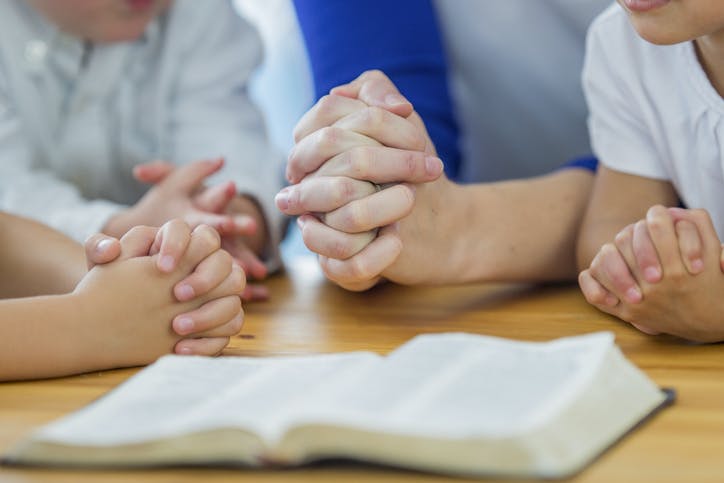
Final Release of Epstein Files Details Ties to Tech Titans and Top Officials but Fails To Satisfy Critics
By JOSEPH CURL
|The sponsor of the school prayer bill, state Senator Mayes Middleton, says schools are ‘not God-free zones.’

Already have a subscription? Sign in to continue reading

By JOSEPH CURL
|
By JAMES BROOKE
|
By CAROLINE McCAUGHEY
|$0.01/day for 60 days
Cancel anytime
By continuing you agree to our Privacy Policy and Terms of Service.